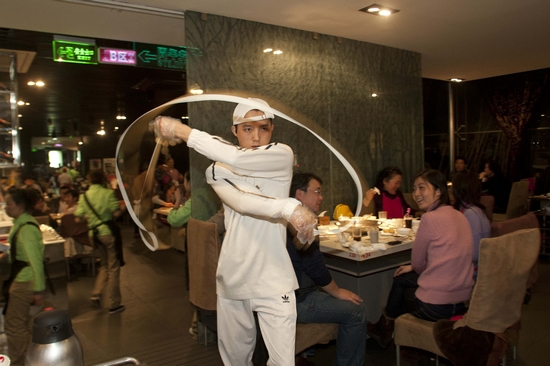Bottom-up strategy can be tricky in corporate Asia
- By Yan Zhen
 0 Comment(s)
0 Comment(s) Print
Print E-mail Shanghai Daily, October 12, 2013
E-mail Shanghai Daily, October 12, 2013
Gary Hamel’s point, empowering staff and involving them in corporate strategy design, could be a success in some cases in Western countries.
But what kind of challenges would it encounter in China and other Asian countries?
Oriental cultural traditionally imbues people with traits of reserve (sometimes to the point of apparent introversion), modesty, reluctance to stand out and to speak up publicly, among other things — in contrast with Western culture that typically turns out extrovers and encourages individualism.
Confucius was the most famous evangelist for this philosophy of zhong yong, often interpreted as maintaining balance and harmony.
A person who follows the zhong yong doctrine should be cautious and follow the path of duty. But there is a Chinese equivalent of the Morning Star cases — the hotpot brand Haidilao.
The hotpot restaurant chain attracted the attention of business schools after it swept through more than 20 big Chinese cities and won overwhelmingly popularity among customers in the competitive specialty market within years.
Business schools made it a case study and a published book discusses the success of Haidilao’s management strategy.
Company founder Zhang Yong has been quoted by media as attributing part of the company’s success to the corporate strategy of empowering its employees.
Grassroots power
In Haidilao, every waiter and waitress has the right to handle customer feedback and give customers a complimentary meal in particular cases where problems arise with food or service.
“All of our executives are chosen from grassroots employees. That’s where we are different from others — their employees don’t feel valued,” Zhang told the Economic Observer, a Beijing-based business journal recently.
|
|
|
In Haidilao, every waiter and waitress has the right to handle customer feedback and give customers a complimentary meal in particular cases where problems arise with food or service. |







Go to Forum >>0 Comment(s)